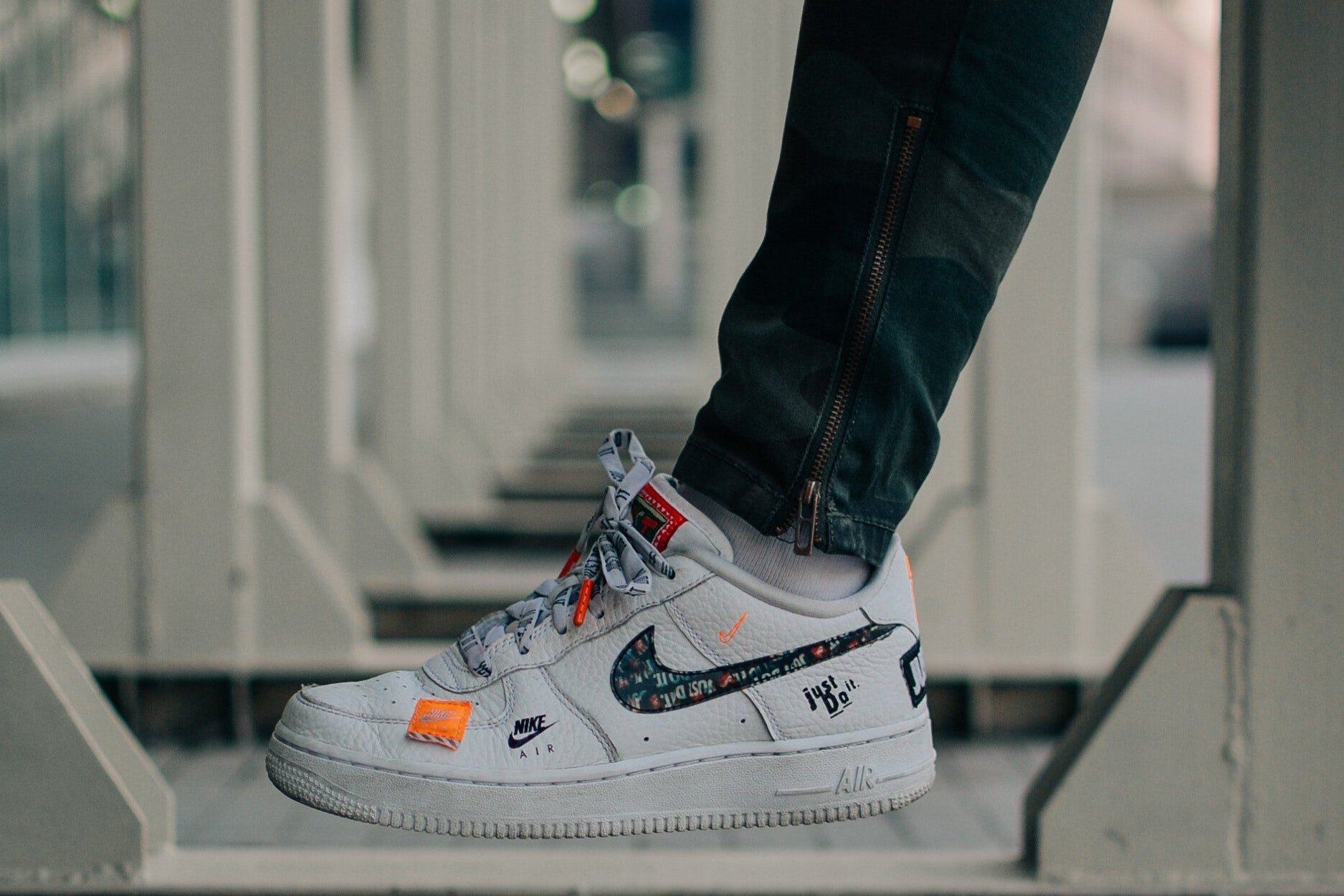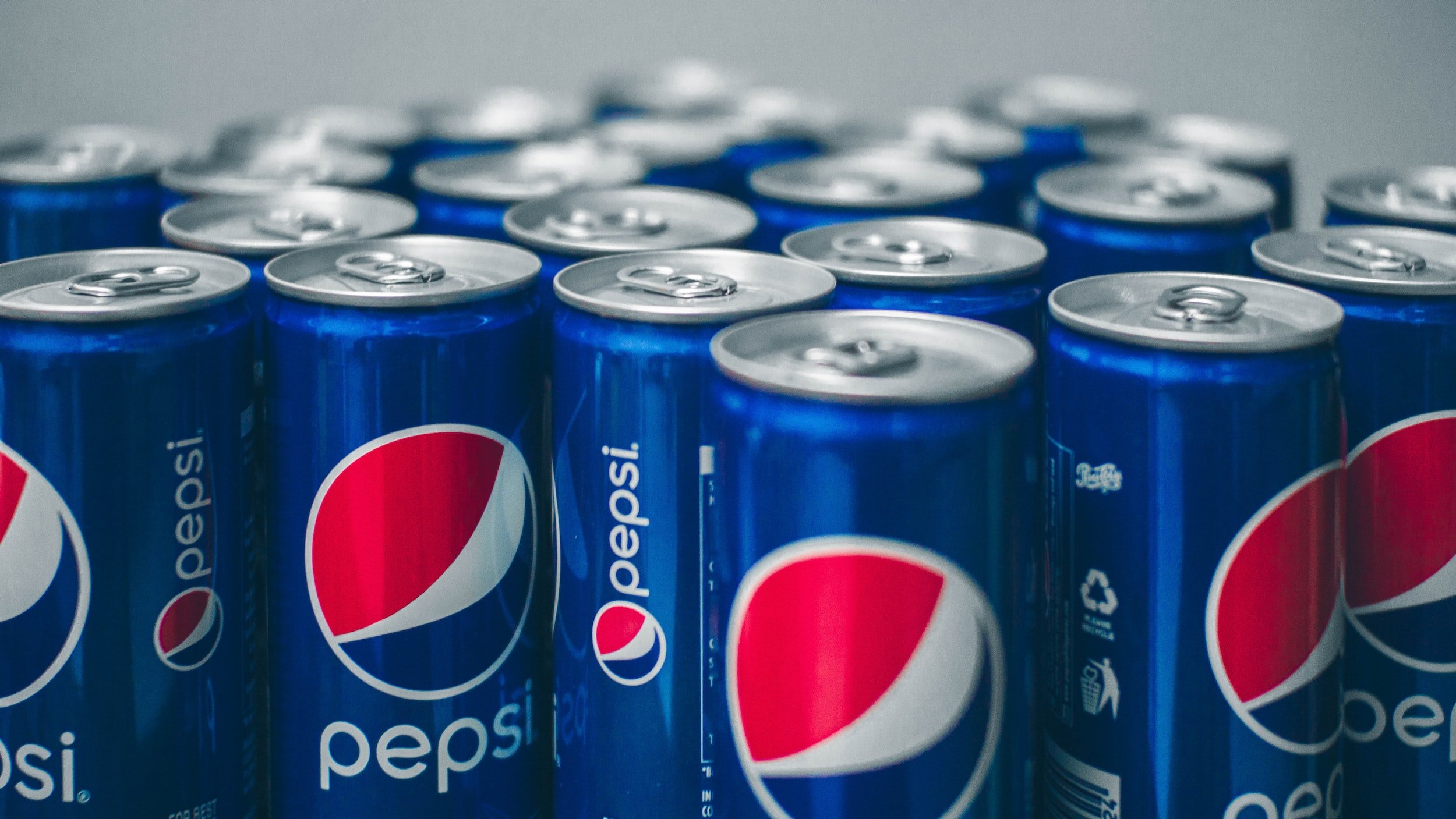Forced Labor Allegations Prompt Investigation of Nike and Dynasty Gold
Canadian ethics watchdog, the Canadian Ombudsperson for Responsible Enterprise (CORE), has initiated investigations into Nike Canada and Dynasty Gold following allegations of their involvement or benefit from Uyghur forced labor in their Chinese operations. The investigations were launched based on complaints filed by a coalition of 28 civil society organizations, assessing the overseas operations of 13 Canadian businesses. Nike Canada is alleged to maintain supply chain relationships with Chinese companies that use or benefit from Uyghur forced labor. Nike, however, stated that it no longer has ties with those companies and provided information on its due diligence practices.
Dynasty Gold, on the other hand, is accused of benefiting from Uyghur forced labor at a Chinese mine where it holds a majority interest. The company responded by clarifying that it no longer has operational control over the mine and that the allegations arose after its departure from the region. The Canadian Ombudsperson, Sheri Meyerhoffer, stated that mediation between the involved parties is not currently an option. The investigations aim to gather facts and make appropriate recommendations based on the findings. The CORE's mission is to resolve human rights complaints impartially and promote responsible business practices among the companies involved.
A growing number of US fashion companies are distancing themselves from China as their top supplier, with 61% of apparel retail CEOs no longer relying on China as their primary source.
A new report by experts in human rights and the solar industry has raised concerns about the solar supply chain's lack of transparency amid human rights issues.
MIT's Center for Transportation & Logistics is offering a free online course titled "Humanitarian Logistics," led by Dr. Jarrod Goentzel, director of the MIT Humanitarian Supply Chain Lab.
The U.S. Customs and Border Protection (CBP) has implemented the Uyghur Forced Labor Prevention Act (UFLPA), restricting imports of products made in China's Xinjiang Uyghur Autonomous Region if produced using forced labor.
Canadian ethics watchdog, the Canadian Ombudsperson for Responsible Enterprise (CORE), has initiated investigations into Nike Canada and Dynasty Gold following allegations of their involvement or benefit from Uyghur forced labor in their Chinese operations.
The drive for supply chain transparency and accountability in combating forced labor has gained momentum, with consumers, governments, and businesses taking action.
A survey conducted by Proxima reveals that over two-thirds of CEOs in the US and UK are worried about human rights issues within their supply chains.
A report released by the Business and Human Rights Resource Center sheds light on numerous labor and environmental abuses allegedly committed by Chinese-invested companies involved in mining and processing minerals used in renewable energy.
U.S. joins high-risk countries for ESG supply chain issues, according to a study by Elevate.
At least 79 migrants have drowned, and hundreds more are missing and feared dead after their overloaded boat capsized and sank off the coast of Greece.
FMCSA has launched the "Your Roads, Their Freedom" campaign to raise awareness about human trafficking among commercial motor vehicle (CMV) drivers in the United States.
A report by the Business and Human Rights Resource Centre (BHRRC) has revealed that major carmakers Tesla and Toyota are using batteries sourced from mines associated with human rights violations in Indonesia and the Philippines.
Bipartisan lawmakers have asked the United States Securities and Exchange Commission (SEC) to investigate Chinese fast fashion retailer Shein's business practices for evidence of forced labor from China's Muslim Uyghur population before its reported initial public offering (IPO).
By conducting rigorous due diligence, comprehending their supply chains thoroughly, and utilizing appropriate technology, importers can play their role in combating human rights violations across the world.
The relationship between PepsiCo and Astra Agro Lestari involved the sourcing of palm oil from the latter by the former.
There has been many quality of life complaints that have arose during contract negations between the railroad unions and companies.
The massive retailer is being questioned by Democratic Sens. Bill Cassidy, Elizabeth Warren, and Sheldon Whitehouse in a letter over the company’s involvement with cotton sourced from China’s Xinjiang Uygur Autonomous Region.
As the tech giant faces increasing needs to diversify its manufacturing supply chain, Cook is searching for neighboring countries to fill the void.




















On May 11, 2023, Canada passed the Fighting Against Forced Labor and Child Labor in Supply Chains Act, which requires Canadian businesses to demonstrate due diligence in minimizing the risks of forced and child labor in their supply chains.